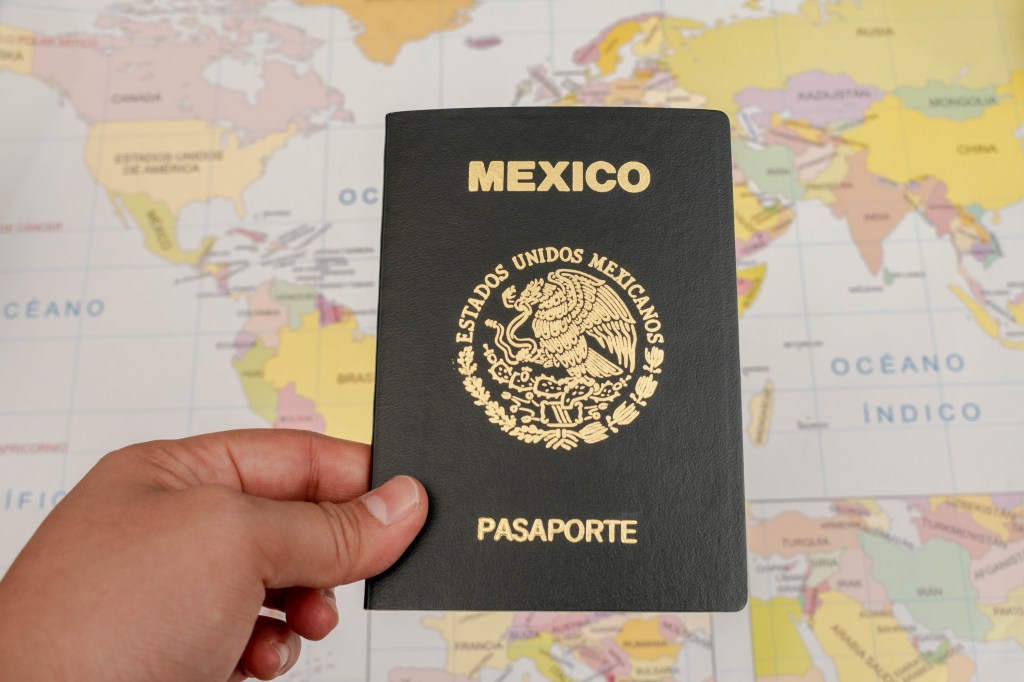Florida teachers, unable to use their pronouns at work, are suing the state
Three Florida teachers are taking matters into their own hands and suing the state over a law that forbids them from using their preferred pronouns at work.
In a legal complaint filed against the state government in Tallahassee, the plaintiffs argued that not only is the law designed to “stigmatise” the trans community, but legislators have not explained how the law is supposed to “protect children” as they have claimed.
“Through all these laws, Florida intentionally sends the state-sanctioned, invidious, and false message that transgender and non-binary people and their identities are inherently dangerous, especially to children,” the complaint states.
“Florida’s goal behind these laws is to stigmatise and demonise transgender and non-binary people and relegate them from public life altogether.”
The state law, which took effect in July, forces school employees to use pronouns that do not match their gender identity, and bans them from requesting that students to refer to them by their preferred pronouns.
One of the plaintiffs, a transgender maths teacher identified as Ms Wood, was told by Lennard High School that she could no longer be referred to as “Miss” despite having legally changed her name and gender marker years prior.
While most students still call her Ms Wood, some have opted to call her “Teacher Wood” to prevent potential punishment for breaching the law. She is not allowed to correct a student if they misgender her.
Fellow plaintiff Mx Schwandes, who is non-binary, was fired from their job in October after they refused to stop using they/them pronouns or gender-neutral honorifics such as “Mx”
The plaintiff’s lawyers argue in the complaint that the law is a violation of Title VII of the Civil Rights Act, as well as Title IX of the Education Amendments and the 14th Amendment.
“Florida has stigmatised plaintiffs, threatened their psychological wellbeing, upended the respect that is owed to them as educators and that is necessary for a safe workplace and functioning classroom, and put their professions and families’ wellbeing on the line,” the complaint reads.
Classrooms have become a focal point for Florida’s extremely anti-LGBTQ+ government.
Under Ron DeSantis, the state has enacted a number of anti-LGBTQ+ laws that target schools, including the reviled ‘Don’t Say Gay‘ bill banning the discussion of LGBTQ+ issues and idenities in the classroom.
Florida extended thisa censorship in April after voting to ban classroom instruction on LGBTQ+ topics in all public school grades.

